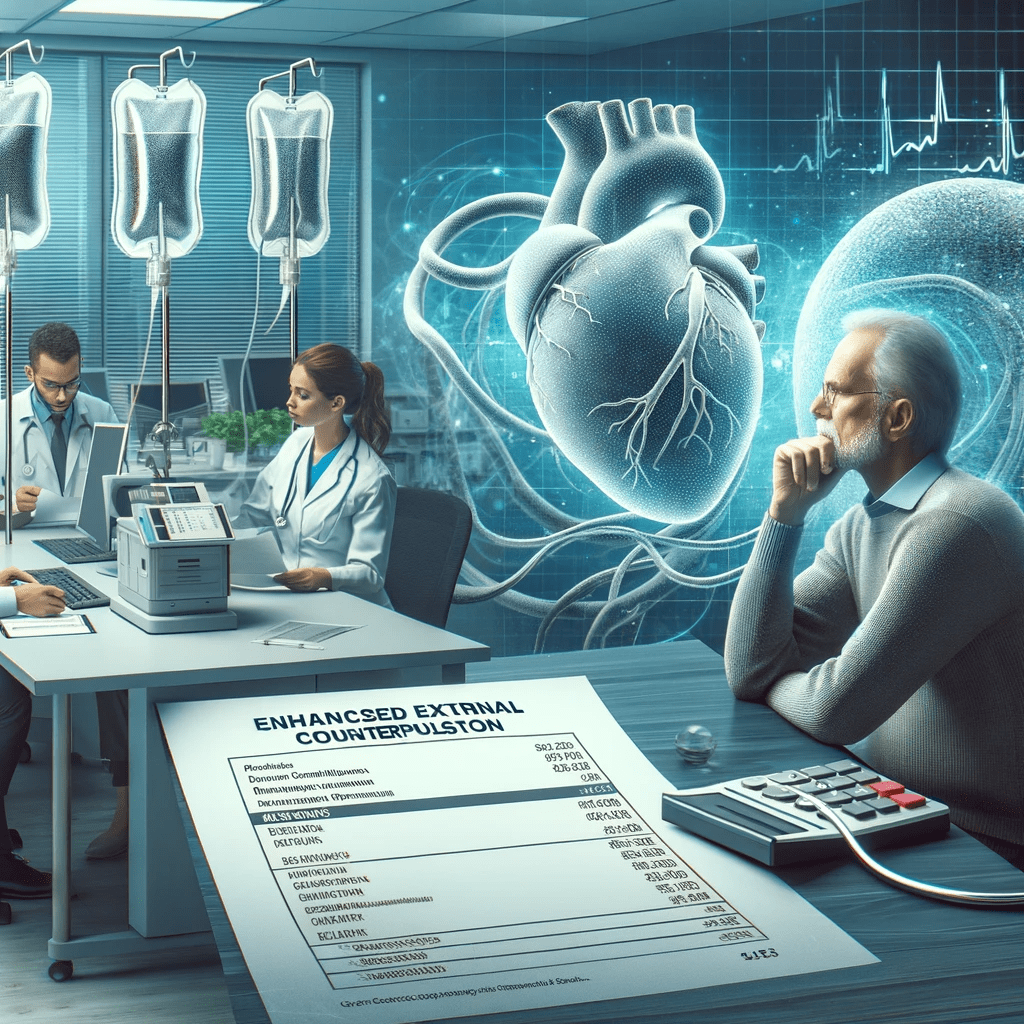Excerpt
A Master Health Checkup is a comprehensive evaluation designed to detect and prevent potential health issues, promoting early intervention and providing a clear understanding of one’s health status. It goes beyond routine check-ups, offering a proactive approach in healthcare. Components typically include a review of medical history, a thorough physical examination, various blood tests, urine analysis, and imaging studies. Cardiac evaluations such as ECG, stress tests, and echocardiograms, including advanced techniques like Speckle Tracking Echocardiography, are also integral. These checkups are crucial for early detection of health concerns, enabling effective treatment and preventing the progression of diseases. They represent a vital investment in maintaining long-term health and well-being.
Introduction
What is a Master Health Checkup
The purpose of a Master Health Checkup is to detect and prevent potential health issues, promote early intervention, and provide individuals with a clear understanding of their health status.
Components of a typical Master health checkup package. Here are some common components of a Master Health Checkup:
- Medical History Review
- Physical Examination: A comprehensive physical examination is conducted to assess your overall master health checkup. This may include measurements of vital signs (e.g., blood pressure, heart rate), examination of the heart, lungs, abdomen, central nervous system, peripheral nervous system and other body systems.

- Physical Examination: A comprehensive physical examination is conducted to assess your overall master health checkup. This may include measurements of vital signs (e.g., blood pressure, heart rate), examination of the heart, lungs, abdomen, central nervous system, peripheral nervous system and other body systems.
- Blood Tests: Various blood tests are performed to assess cholesterol levels, blood sugar levels, liver function, kidney function, and complete blood count (CBC).
- Urine Analysis: A urine sample may be analyzed for signs of kidney disease, diabetes, or other health issues.
- Imaging Studies: Depending on the individual’s age and risk factors, imaging tests such as X-rays, ultrasound scans, or CT scans may be included to evaluate specific organs or systems.
- Cardiac Evaluation: An ECG (Electrocardiogram) may be done to assess the electrical activity of the heart. In some cases, a stress test on a treadmill and/or an echocardiogram may be included.
- If cardiovascular issues are detected, a speckle tracking echocardiography is indicated
Some common components of a master health checkup package
Physical examination
The healthcare provider will discuss your medical history, including any existing health conditions, family medical history, lifestyle factors, and medications you may be taking during your master health checkup.

Electrocardiogram (ECG)
An Electrocardiogram (ECG) is a vital component of a master health checkup, playing a crucial role in assessing heart health.
This non-invasive test records the electrical activity of the heart and helps in detecting various cardiac abnormalities.
It is essential because it can reveal conditions that may not present obvious symptoms, allowing for early intervention and management.
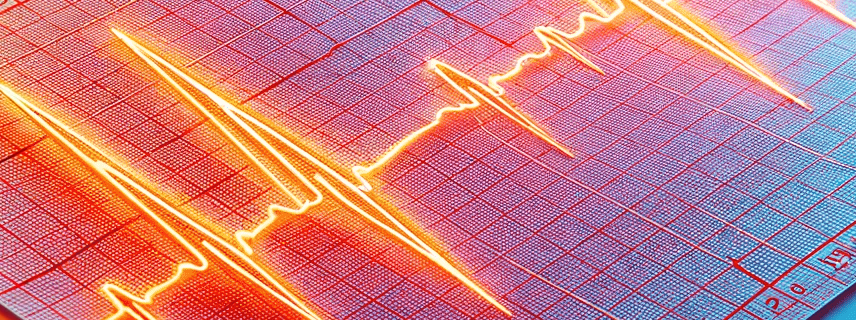
The ECG is instrumental in detecting arrhythmias, identify heart rate and rhythm disorders, indicate heart muscle damage, ongoing angina, electrolyte imbalances effects of certain medications on the heart, enlarged heart, heart failure.
Treadmill Stress Test
A Treadmill Stress Test, often included in a master health checkup package is crucial for evaluating the heart’s function under physical stress. Unlike resting heart assessments, this test reveals how the heart performs when pushed, providing valuable insights that resting examinations might miss.
It’s particularly significant for detecting coronary artery disease, where narrowed arteries limit blood flow to the heart.

During the test, the patient exercises on a treadmill with increasing intensity, while heart rate, blood pressure, and electrocardiogram (ECG) readings are monitored.
The test can uncover abnormalities in heart rhythms or blood pressure response, indicators of underlying heart issues.
It’s adept at identifying symptoms of angina or ischemia (reduced blood flow to the heart muscle), which often only occur during physical exertion.
Lung Function Tests
Lung Function Tests (LFTs), an integral part of a master health check-up, are essential for assessing the health and performance of the respiratory system.
These tests measure lung capacity, volume, rates of flow, and gas exchange, providing crucial insights into the functioning of the lungs. They are particularly important for detecting respiratory conditions that might not be apparent in a basic physical examination.
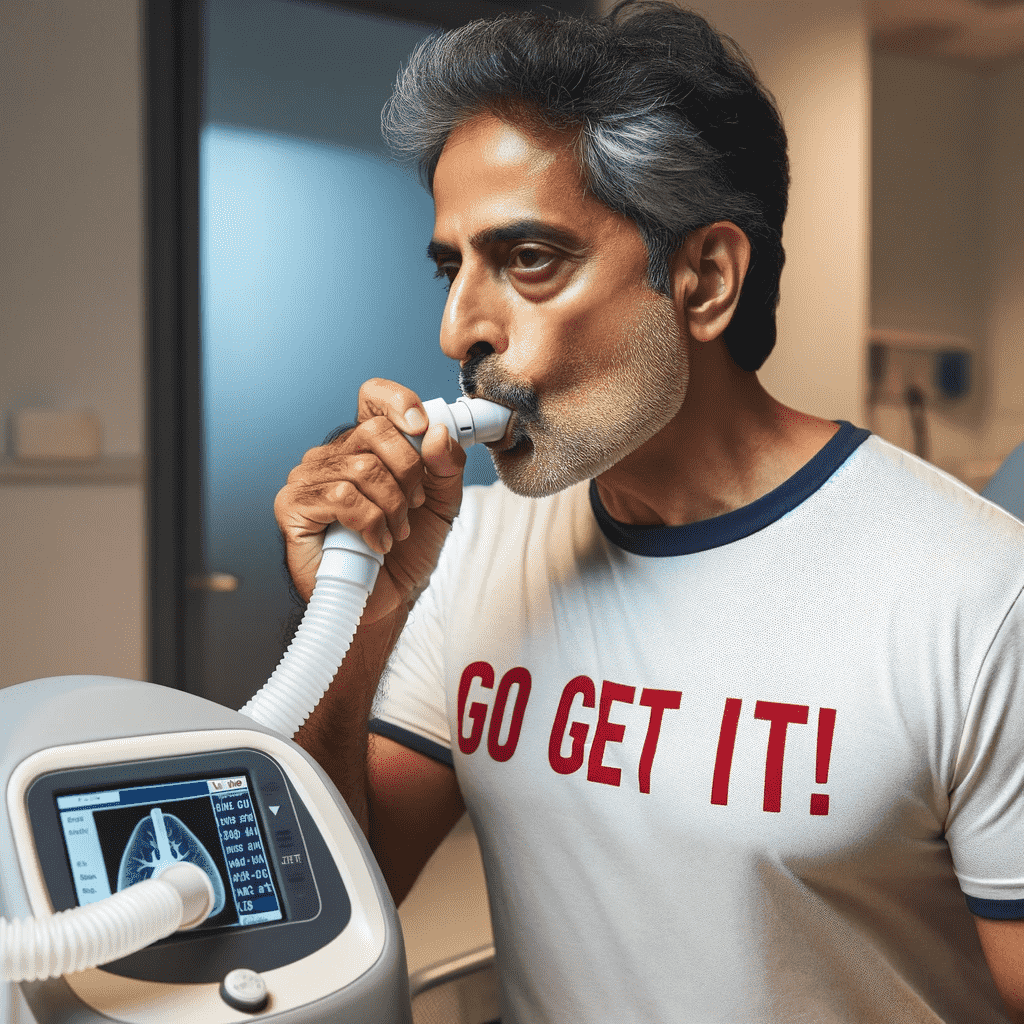
LFTs are vital for diagnosing and monitoring chronic respiratory diseases like asthma, chronic obstructive pulmonary disease (COPD), and bronchitis.
Lung Function Tests are beneficial for individuals with a history of smoking, exposure to pollutants, or occupational hazards that affect lung health.
Ultrasonogram of Abdomen
Abdominal ultrasounds are a critical component of a master health check-up, offering a non-invasive and painless way to visualize internal organs within the abdomen.

Abdominal ultrasound can identify abnormalities like liver disease, gallstones, kidney stones, and changes in the size or structure of abdominal organs.
The ultrasound is particularly effective in spotting fluid accumulations, cysts, tumors, and abscesses, which might not be evident through physical examination or basic tests.
Echocardiogram
An echocardiogram is a paramount tool in a master health check-up, offering a detailed and non-invasive evaluation of the heart’s structure and function, for diagnosing heart diseases such as valve disorders, heart muscle diseases (cardiomyopathies), and congenital heart diseases, detect issues in the heart walls and chambers, including signs of previous heart attacks or ongoing ischemic disease (Read more…)
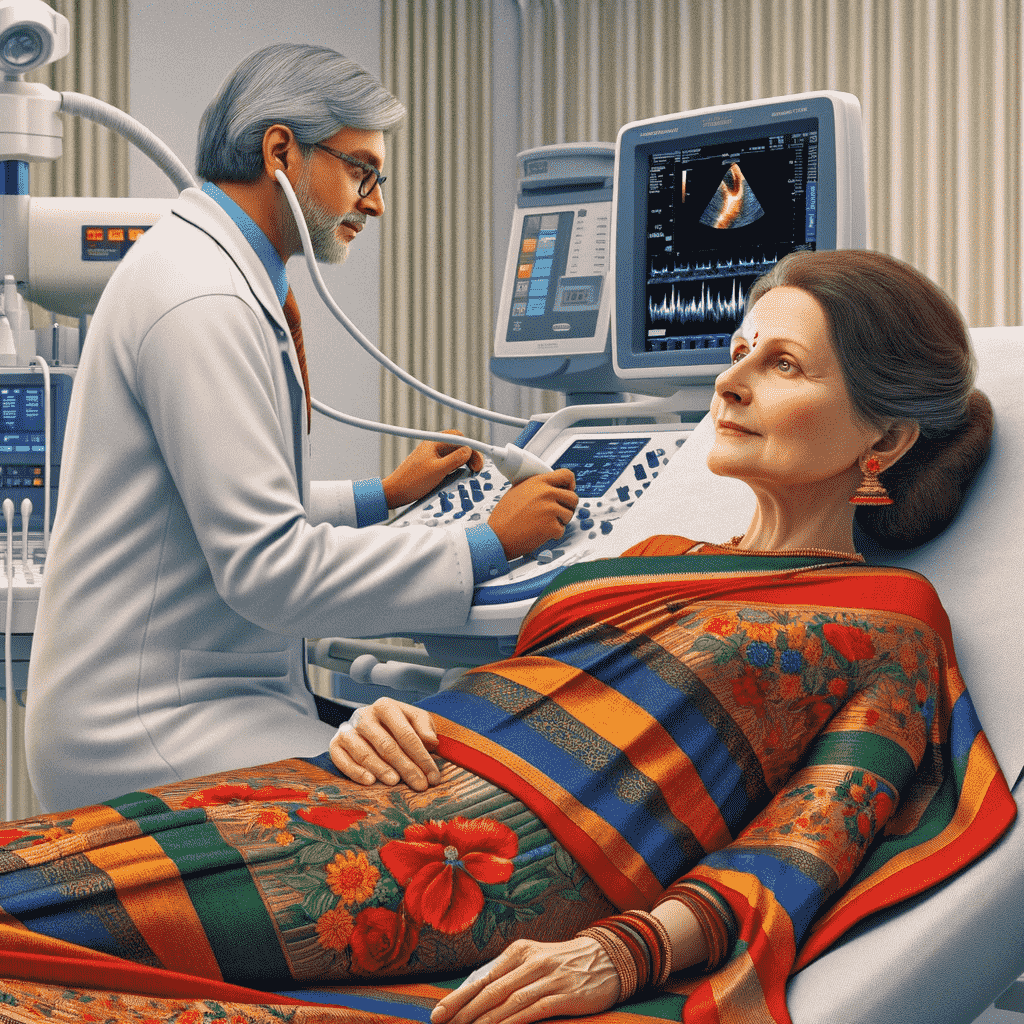
Echocardiograms can detect fluid around the heart (pericardial effusion) and can identify potential causes of heart murmurs or abnormal heart sounds.
Speckle Tracking Echocardiogram
Speckle Tracking Echocardiography (STE) is an advanced form of echocardiographic imaging that allows for detailed analysis of the heart’s movement.
Unlike traditional echocardiography, which primarily evaluates the heart’s structure and overall function, STE focuses on the motion of speckles (naturally occurring, unique patterns) created by ultrasound beams within the heart tissue (Read more…)
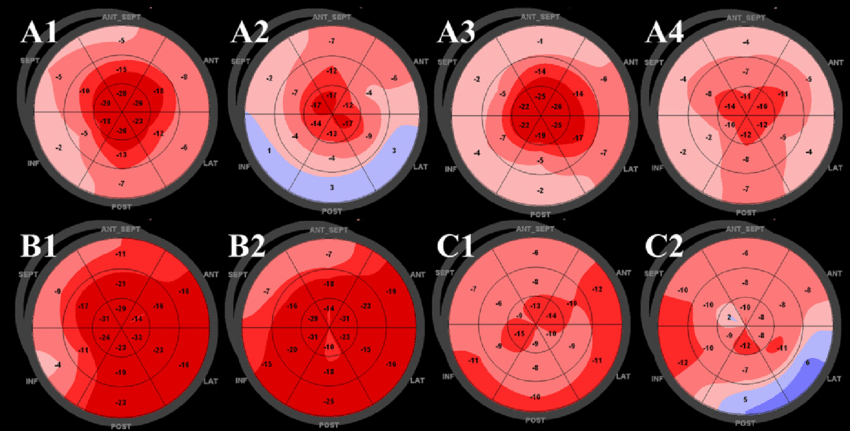
Blood Tests
In a master health check-up, several blood tests are considered essential as they provide critical insights into an individual’s overall health status and help detect a wide range of potential health issues. The most important blood tests typically include peripheral smear, lipid profile, blood sugar, blood sugar during Glucose Tolerance Tests etc.
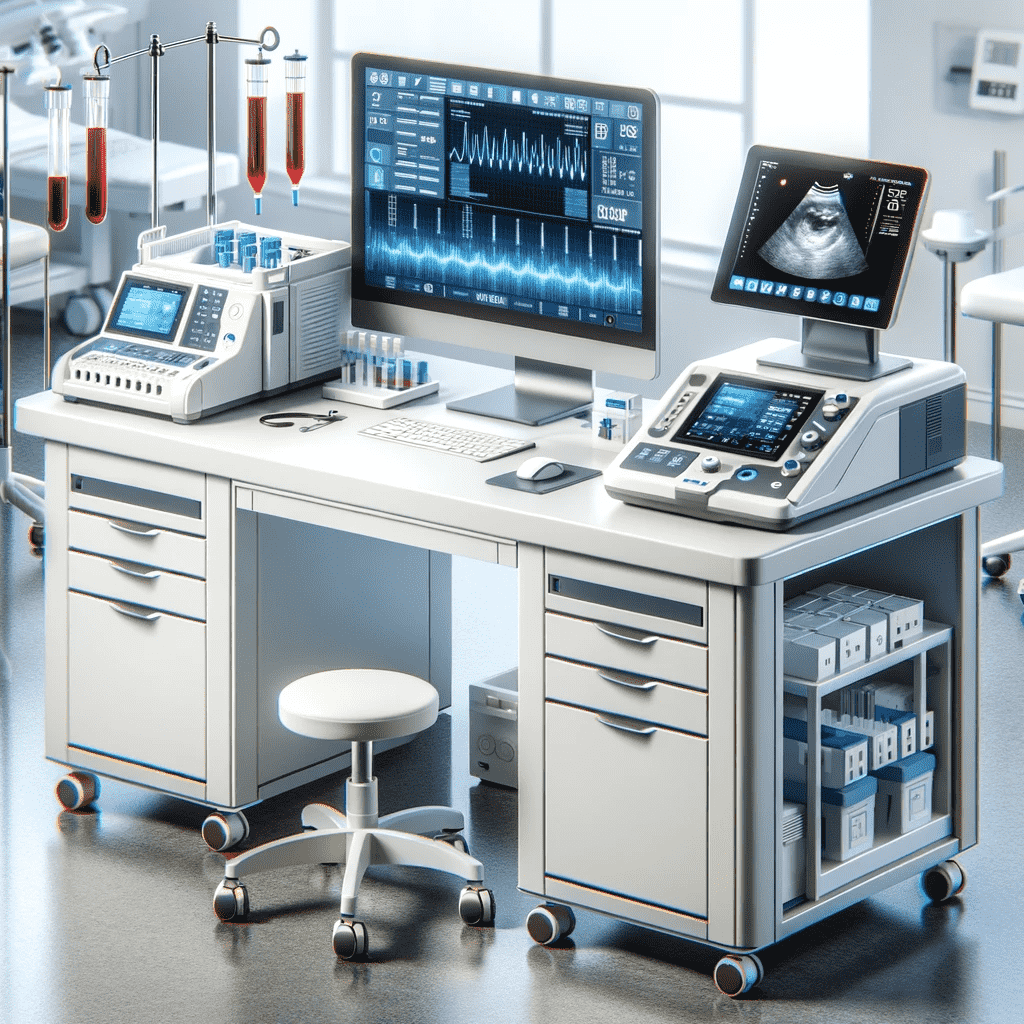
- Peripheral smear
- Complete Blood Count (CBC)
- Lipid Profile
- Blood Glucose Tests
- Liver Function Tests
- Renal (Kidney) Function Tests
- Thyroid Function Tests
- Electrolyte Testing
- Vitamin D and B12 Level
Urinalysis
Urinalysis is a common and informative test included in a master health check-up, offering significant insights into the health of the urinary system and the body overall. This simple test analyzes a urine sample and can detect a range of potential health issues.
The key tests typically performed in urinalysis include:
- Physical Examination:
- Color and Appearance: Normal urine is typically clear and pale to deep yellow. Unusual color or cloudiness can indicate various conditions.
- Specific Gravity: This measures urine concentration and can indicate hydration status and kidney function.
- Chemical Examination:
- pH Level
- Protein
- Glucose
- Ketones
- Bilirubin
- Blood
- Leukocyte Esterase and Nitrites
- Microscopic Examination:
- Red Blood Cells
- White Blood Cells
- Casts
- Crystals
- Bacteria and Yeast
